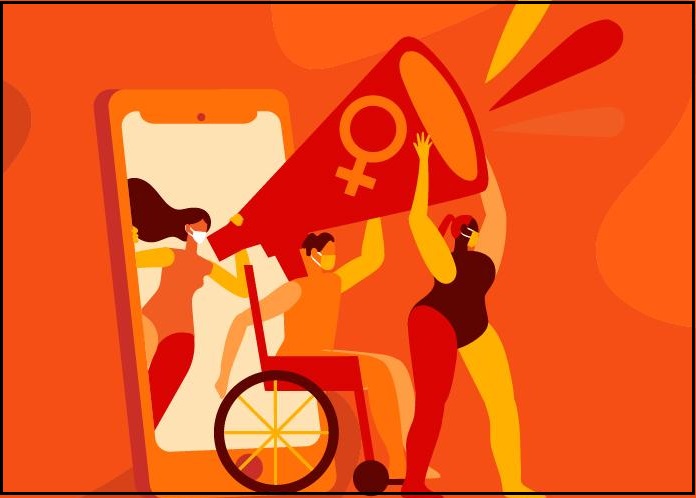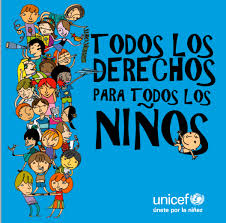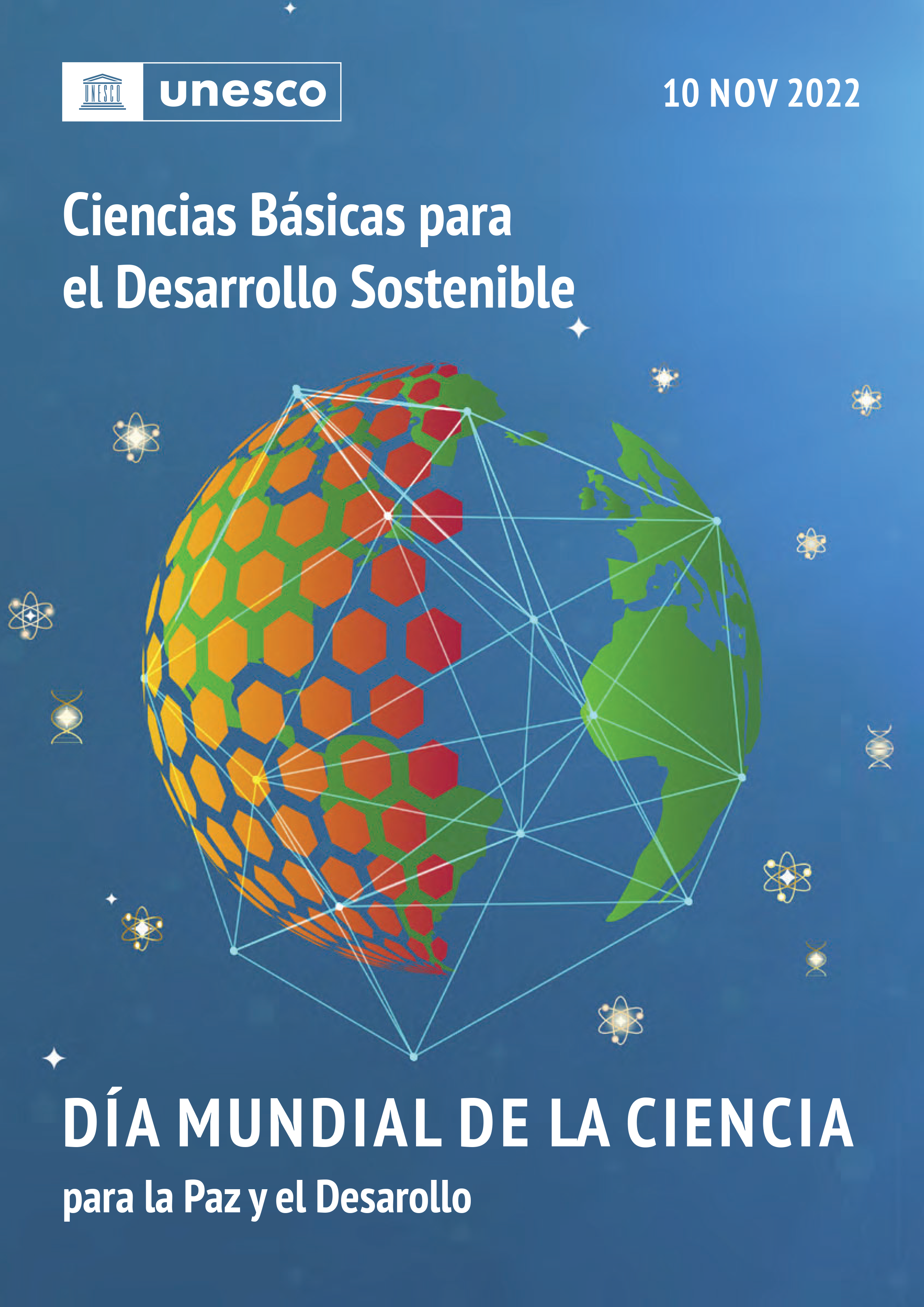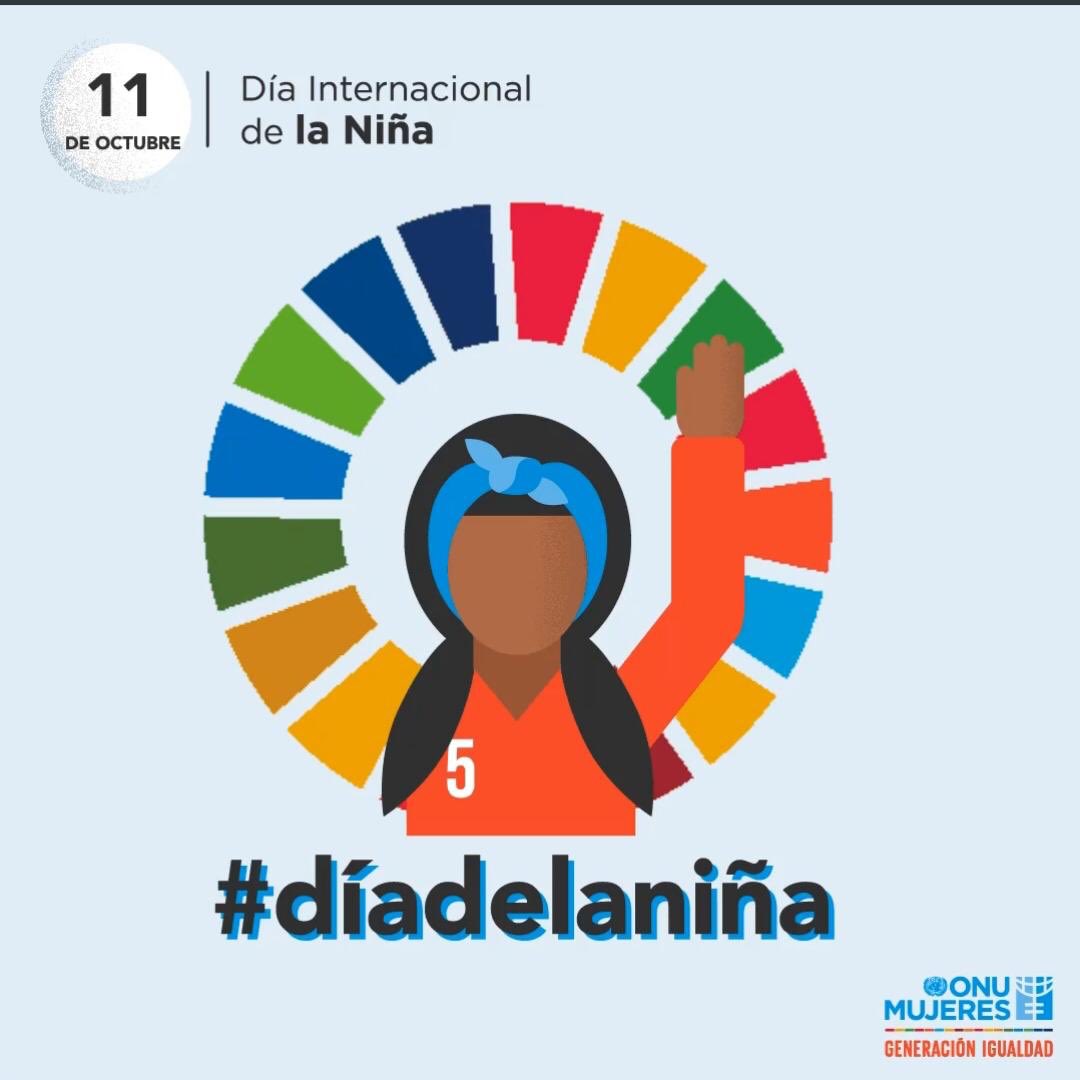
25/11/22
International Day for the Elimination of Violence Against Women. 25 November
Despite the adoption of the Convention of the Elimination of All Forms of Discrimination against Women (CEDAW) by the UN General Assembly in 1979, violence against women and girls remains a pervasive problem worldwide.
To that end, the General Assembly issued resolution 48/104, laying the foundation for the road towards a world free of gender-based violence.
Another bold step in the right direction was embodied by an initiative launched in 2008 and known as the UNiTE to End Violence against Women. It aims to raise public awareness around the issue as well as increase both policymaking and resources dedicated to ending violence against women and girls worldwide.
Yet, there is still a long way to go at the global scale. To date, only two out of three countries have outlawed domestic violence, while 37 countries worldwide still exempt rape perpetrators from prosecution if they are married to or eventually marry the victim and 49 countries currently have no laws protecting women from domestic violence.
Women's rights activists have observed 25 November as a day against gender-based violence since 1981. This date was selected to honour the Mirabal sisters, three political activists from the Dominican Republic who were brutally murdered in 1960 by order of the country’s ruler, Rafael Trujillo (1930-1961).
On 20 December 1993, the General Assembly adopts the Declaration on the Elimination of Violence against Women through resolution 48/104, paving the path towards eradicating violence against women and girls worldwide.
Finally, on 7 February 2000, the General Assembly adopts resolution 54/134, officially designating 25 November as the International day for the Elimination of Violence Against Women and in doing so, inviting governments, international organizations as well as NGOs to join together and organize activities designed to raise public awareness of the issue every year on that date.
Resources: https://www.un.org/en/observances/ending-violence-against-women-day/resources
20/11/22
World Children's Day. 20 November
Background
By resolution 836(IX) of 14 December 1954, the General Assembly recommended that all countries institute a Universal Children's Day, to be observed as a day of worldwide fraternity and understanding between children. It recommended that the Day was to be observed also as a day of activity devoted to promoting the ideals and objectives of the UN Charter and the welfare of the children of the world. The Assembly suggested to governments that the Day be observed on the date and in the way that each considers appropriate.
The date 20 November marks the day on which the Assembly adopted the Declaration of the Rights of the Child, in 1959, and the Convention on the Rights of the Child, in 1989.
The Convention, which is the most widely ratified international human rights treaty, sets out a number of children’s rights including the right to life, to health, to education and to play, as well as the right to family life, to be protected from violence, to not be discriminated, and to have their views heard.
On the basis of the Convention and joint efforts by all the countries and regions, let us promote and celebrate children’s right on the World Children's Day, and continuously build up a friendly environment for children in the world through dialogue and actions. Resources: https://www.un.org/en/observances/world-childrens-day/resources
10/11/22
World Science Day for Peace and Development, 10 November
Celebrated every 10 November, World Science Day for Peace and Development highlights the important role of science in society and the need to engage the wider public in debates on emerging scientific issues. It also underlines the importance and relevance of science in our daily lives.
By linking science more closely with society, World Science Day for Peace and Development aims to ensure that citizens are kept informed of developments in science. It also underscores the role scientists play in broadening our understanding of the remarkable, fragile planet we call home and in making our societies more sustainable. https://www.unesco.org/en/days/science-peace-development
07/11/22
Climate Summit (COP27) 2022
Delivering for people and the planet
From 6 to 18 November, Heads of State, ministers, and negotiators, along with climate activists, mayors, civil society representatives and CEOs are meeting in the Egyptian coastal city of Sharm el-Sheikh for the largest annual gathering on climate action.
The 27th Conference of the Parties to the United Nations Framework Convention on Climate Change – COP27 – builds on the outcomes of COP26 to deliver action on an array of issues critical to tackling the climate emergency – from urgently reducing greenhouse gas emissions, building resilience, and adapting to the inevitable impacts of climate change, to delivering on the commitments to finance climate action in developing countries.
Faced with a growing energy crisis, record greenhouse gas concentrations, and increasing extreme weather events, COP27 seeks renewed solidarity between countries, to deliver on the landmark Paris Agreement, for people and the planet. UN News COP 27:
https://news.un.org/en/story/2022/11/1130772
21/10/22
United Nations Day. 24 October
United Nations Day, on 24 October, marks the anniversary of the entry into force in 1945 of the UN Charter. With the ratification of this founding document by the majority of its signatories, including the five permanent members of the Security Council, the United Nations officially came into being.
There is no other global organization with the legitimacy, convening power and normative impact of the United Nations. No other global organization gives hope to so many people for a better world and can deliver the future we want. Today, the urgency for all countries to come together, to fulfil the promise of the nations united, has rarely been greater.
UN Day, celebrated every year, offers the opportunity to amplify our common agenda and reaffirm the purposes and principles of the UN Charter that have guided us for the past 77 years.
The United Nations is the product of hope.
The hope — and resolve — following the Second World War to move beyond global conflict to global cooperation.Today, our organization is being tested like never before.But the United Nations was made for moments like this.
Now, more than ever, we need to bring to life the values and principles of the UN Charter in every corner of the world.
By giving peace a chance and ending conflicts that jeopardize lives, futures and global progress.
By working to end extreme poverty, reduce inequalities, and rescue the Sustainable Development Goals.
By safeguarding our planet, including by breaking our addiction to fossil fuels and kickstarting the renewable energy revolution.
And by finally balancing the scales of opportunity and freedom for women and girls and ensure human rights for all.
As we mark UN Day, let us renew our hope and conviction in what humanity can achieve when we work as one, in global solidarity. António Guterres
Related links:
Learn more about the United Nations
History of the United Nations
Discover the UN system
Essential UN
Global Issues
United Nations Anniversaries
UN Response to COVID-19
Sustainable Development Goals (SDGs)
11/10/22
International Day of the Girl
In 2022, we commemorate the 10th anniversary of the International Day of the Girl (IDG). In these last 10 years, there has been increased attention on issues that matter to girls amongst governments, policymakers and the general public, and more opportunities for girls to have their voices heard on the global stage. Yet, investments in girls’ rights remain limited and girls continue to confront a myriad of challenges to fulfilling their potential; made worse by concurrent crises of climate change, COVID-19 and humanitarian conflict. Girls around the world continue to face unprecedented challenges to their education, their physical and mental wellness, and the protections needed for a life without violence. COVID-19 has worsened existing burdens on girls around the world and worn away important gains made over the last decade.
With adversity, however, comes resourcefulness, creativity, tenacity, and resilience. The world's 600 million adolescent girls have shown time and time again that given the skills and the opportunities, they can be the changemakers driving progress in their communities, building back stronger for all, including women, boys and men.
Girls are ready for a decade of acceleration forward. It is time for us all to stand accountable – with and for girls – and to invest in a future that believes in their agency, leadership and potential. https://youtu.be/mkkhkN3Mqms



















